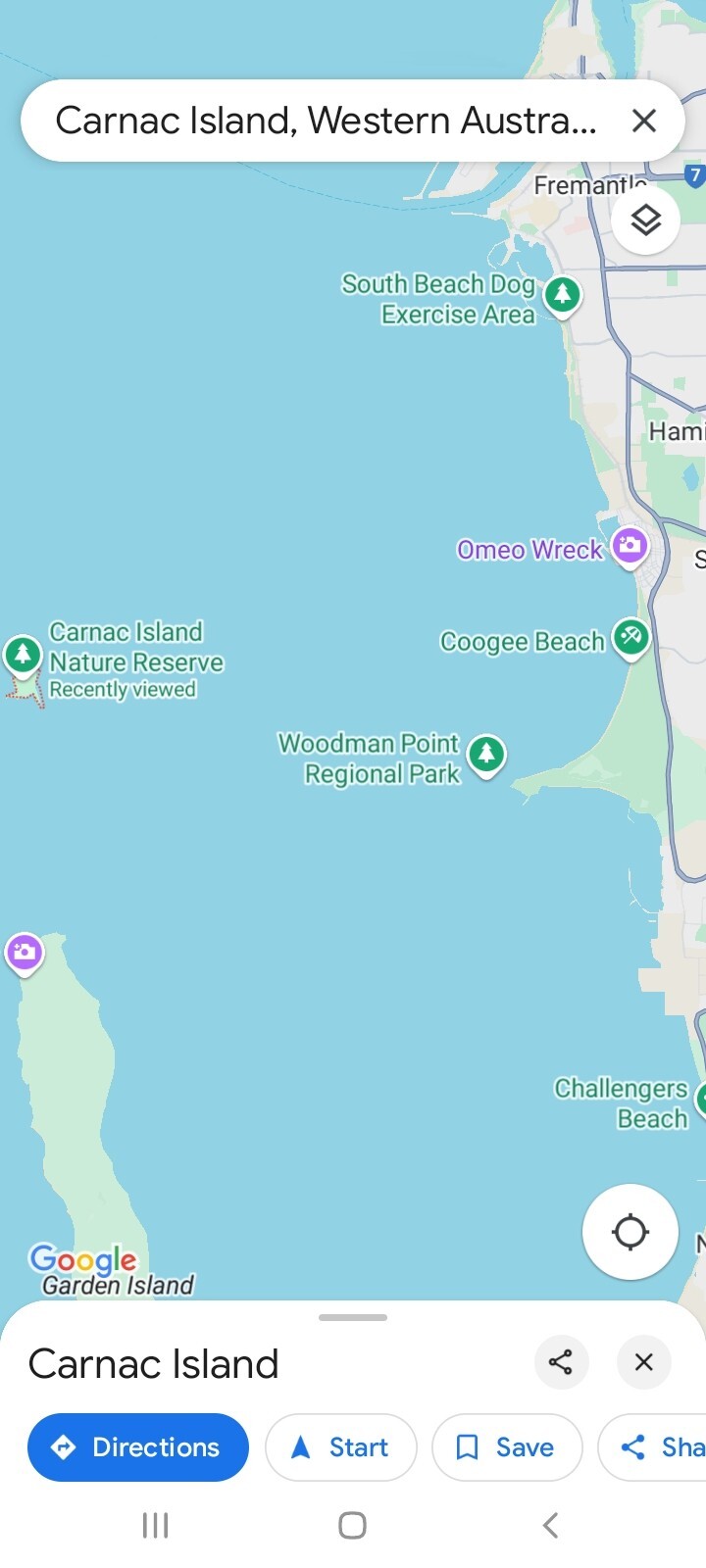Published: 27 September 2024
Protected areas, drought, and grazing regimes influence fire occurrence in a fire-prone Mediterranean region
Máire Kirkland, Philip W. Atkinson, Sara Aliácar, Deli Saavedra, Mark C. De Jong, Thomas P. F. Dowling & Adham Ashton-Butt
Abstract
Background
Extreme fire seasons in the Mediterranean basin have received international attention due to the damage caused to people, livelihoods, and vulnerable ecosystems. There is a body of literature linking increasingly intense, large fires to a build-up of fuel from rural land abandonment exacerbated by climate change. However, a better understanding of the complex factors driving fires in fire-prone landscapes is needed. We use a global database based on the MODIS Fire CCI51 product, and the Greater Côa Valley, a 340,000-ha area in Portugal, as a case study, to investigate the environmental drivers of fire and potential tools for managing fires in a landscape that has undergone changing agricultural and grazing management.
Results
Between 2001 and 2020, fires burned 32% (1881.45 km2) of the study area. Scrublands proportionally burnt the most, but agricultural land and forests were also greatly impacted. The risk of large fires (> 1 km2) was highest in these land cover types under dry conditions in late summer. Areas with higher sheep densities were more likely to burn, while cattle density had no apparent relationship with fire occurrence. There was also a 15% lower probability of a fire occurring in protected areas.
Conclusion
Future climatic changes that increase drought conditions will likely elevate the risk of large fires in the Mediterranean basin, and abandoned farmland undergoing natural succession towards scrubland will be at particularly high risk. Our results indicate that livestock grazing does not provide a simple solution to reducing fire risk, but that a more holistic management approach addressing social causes and nature-based solutions could be effective in reducing fire occurrence.



Oh great, this shit again. First thing Labor should've done when they came to power federally was revoke that country licensing deal the propagandists at Newscorp got from, was it the Morrison government?? I'm sure Labor waved ot through also though.